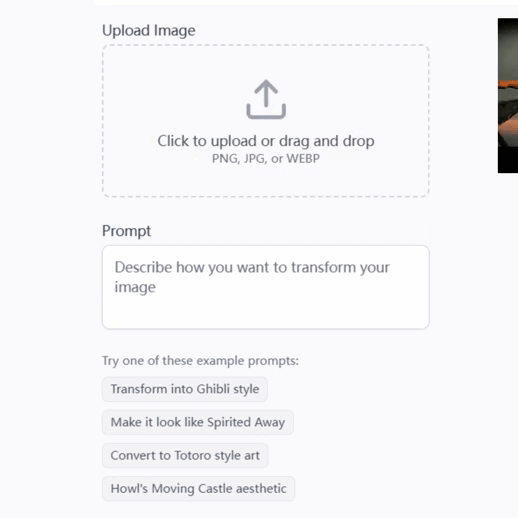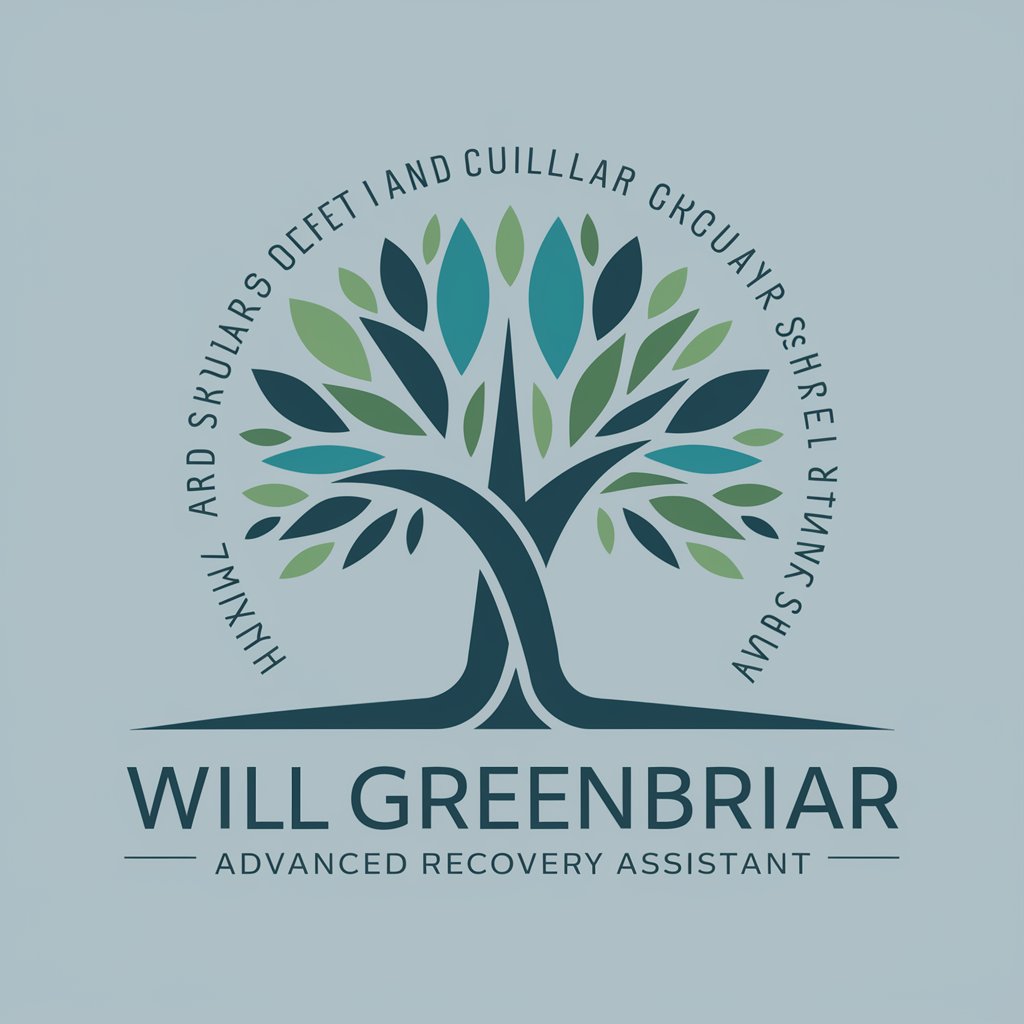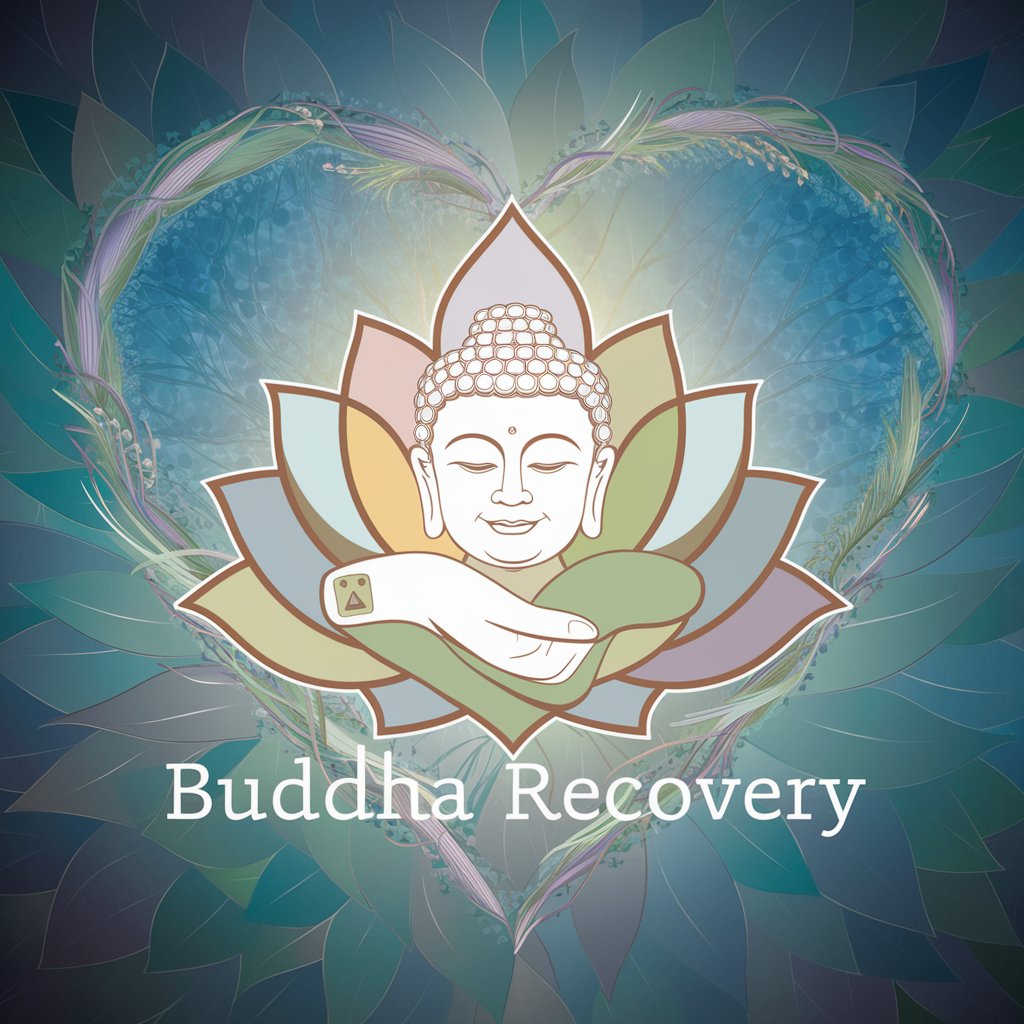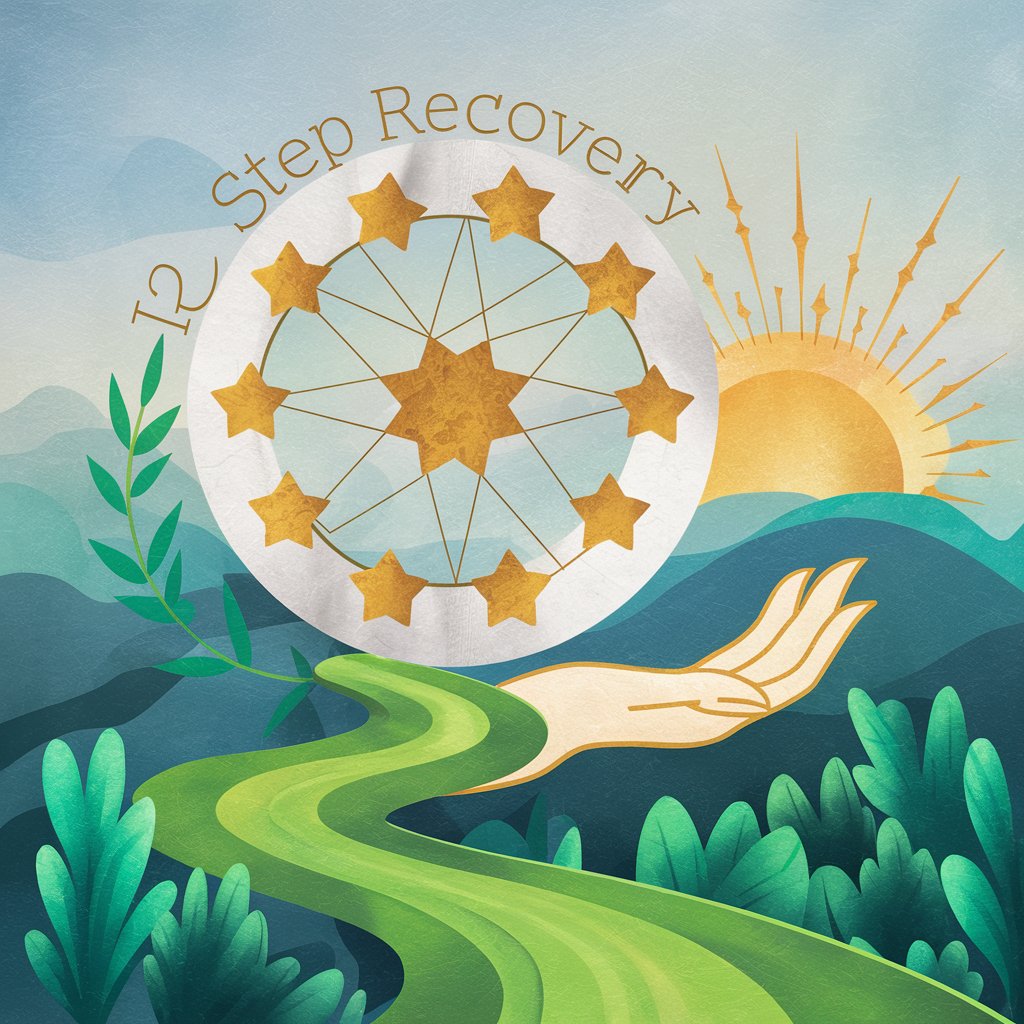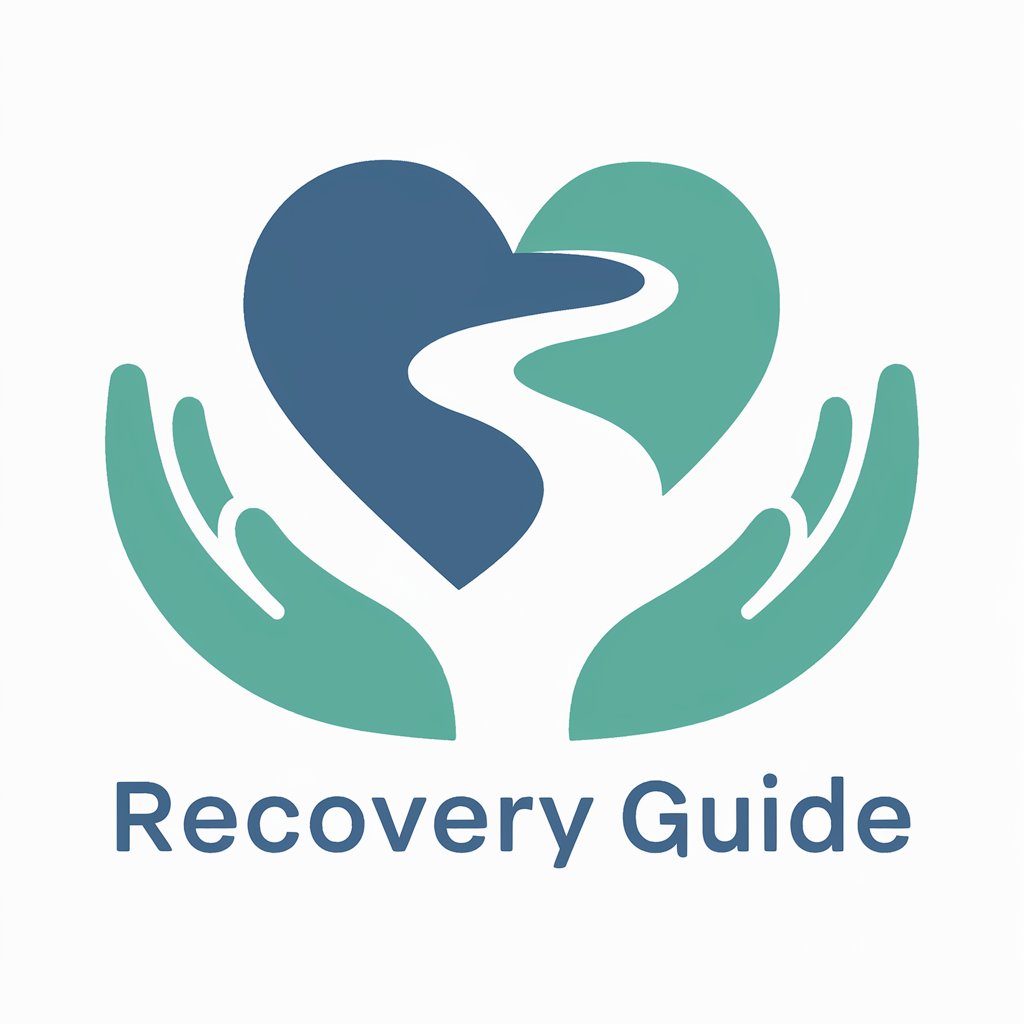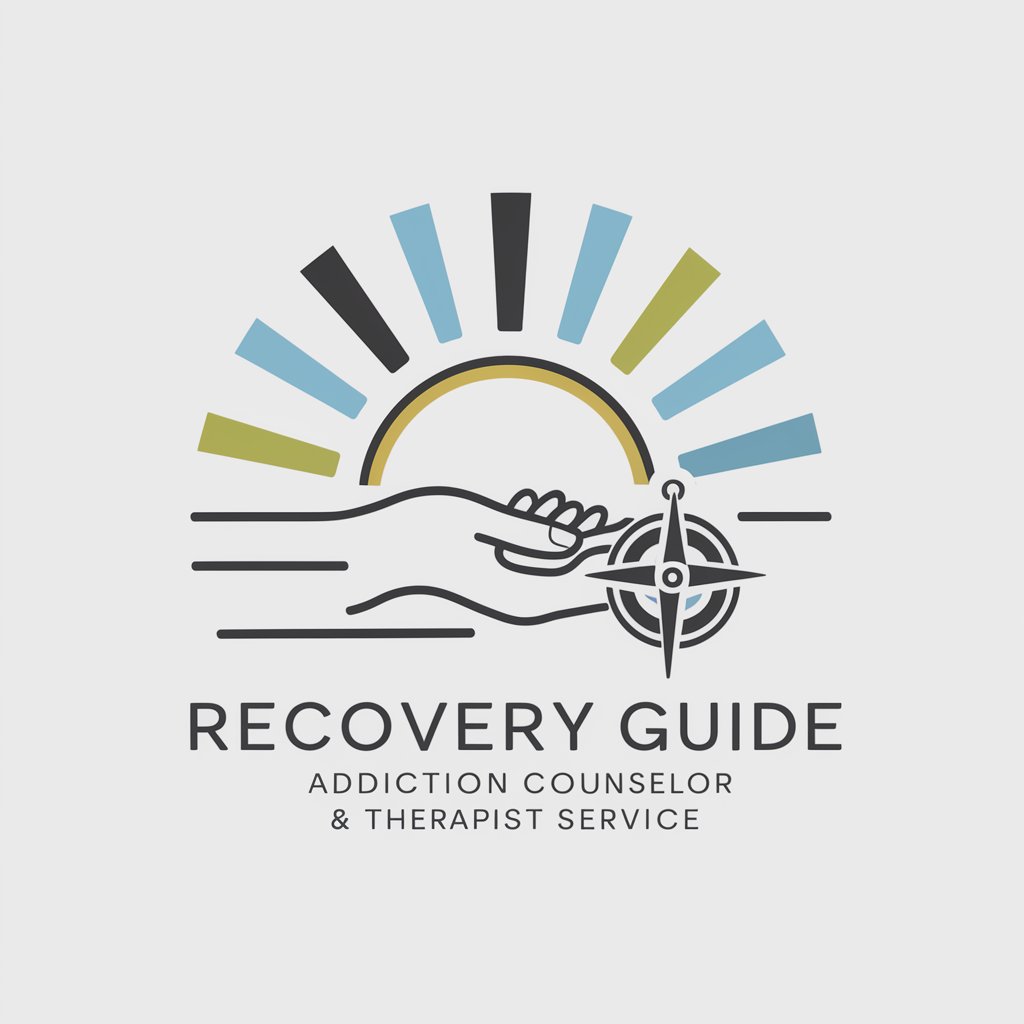
Refuge Recovery - Buddhist Recovery Path
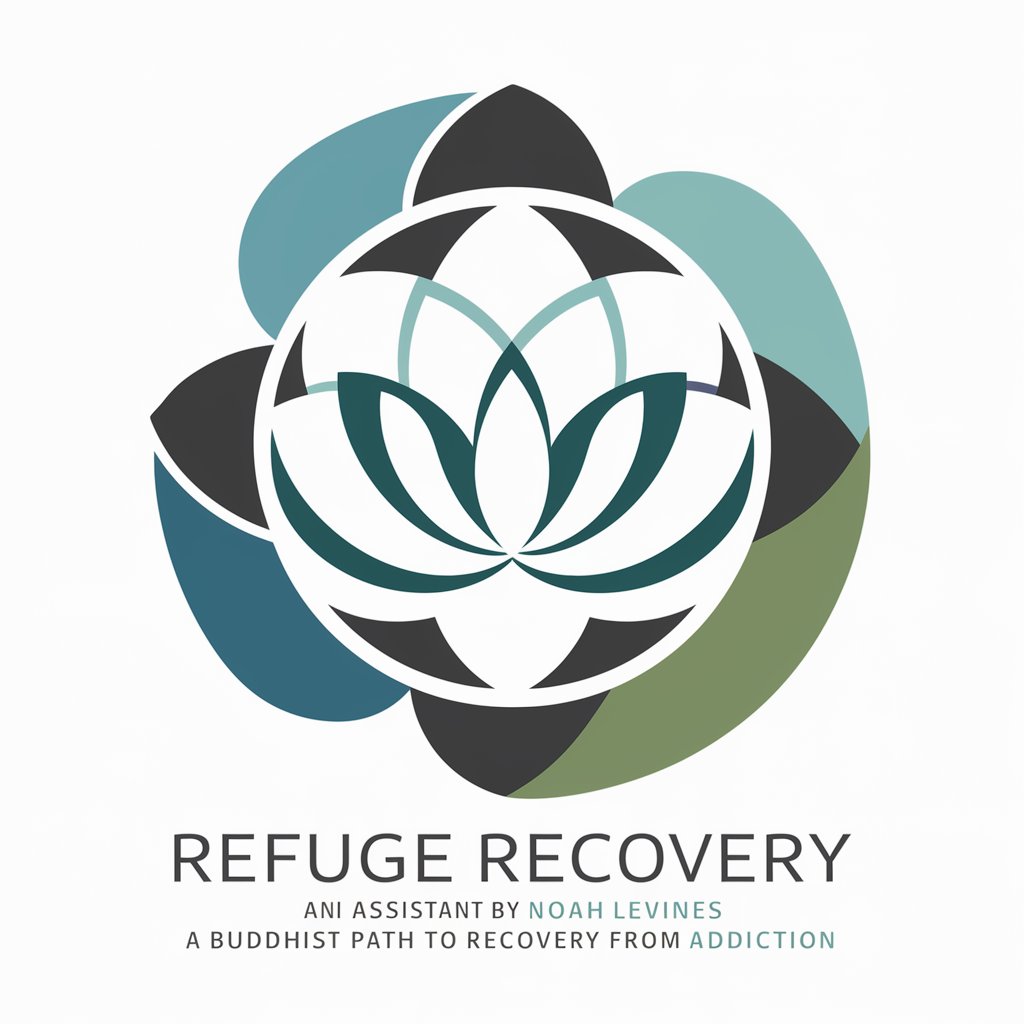
Welcome to your journey of healing and mindfulness.
Recover with Mindfulness and Meditation
Reflect on a time when addiction caused suffering in your life.
Describe a moment when you felt a craving and how you handled it.
How does the concept of renunciation resonate with your recovery journey?
What role does mindfulness play in your daily recovery practice?
Get Embed Code
Detailed Introduction to Refuge Recovery
Refuge Recovery is a mindfulness-based addiction recovery community that practices and utilizes Buddhist philosophy as the foundation of the recovery process. Drawing from the core teachings of the Four Noble Truths and the Eightfold Path as articulated by Siddhartha Gautama (Buddha), it approaches recovery through the lens of Buddhist spiritual practice, focusing on mindfulness, meditation, and ethical living. Refuge Recovery does not require any belief in a deity or external power; rather, it emphasizes personal responsibility and self-awareness. An example of its application is a person suffering from addiction attending regular Refuge Recovery meetings where they practice meditation and share their experiences, gaining insight into their behaviors and learning to live a life of greater mindfulness and compassion. Powered by ChatGPT-4o。

Main Functions of Refuge Recovery
Mindfulness and Meditation Practices
Example
Regular meditation sessions help members develop mindfulness skills, which are crucial for observing and managing cravings and emotional triggers.
Scenario
A member struggling with alcohol dependence uses mindfulness meditation to stay present during urges to drink, reducing relapse rates and developing greater emotional resilience.
Community Support
Example
Refuge Recovery meetings provide a platform for shared experience, strength, and hope, fostering a supportive community environment.
Scenario
An individual feeling isolated in their recovery journey finds strength and encouragement through regular engagement with others who have similar experiences and challenges.
Ethical Living and Personal Development
Example
The program encourages living according to ethical precepts, such as honesty and non-harming, promoting personal growth and integrity.
Scenario
A participant applies the ethical teachings to their daily life, improving relationships with family and colleagues and enhancing personal integrity and self-esteem.
Ideal Users of Refuge Recovery Services
Individuals Struggling with Addiction
People battling substance abuse or behavioral addictions benefit from Refuge Recovery’s emphasis on mindfulness, community support, and ethical living as tools for managing their addiction.
Those Interested in Alternative Recovery Paths
Individuals seeking a non-theistic, spiritually-based recovery option find Refuge Recovery a viable alternative to traditional programs that may require belief in a higher power.

Steps to Utilize Refuge Recovery
Start a free trial
Begin exploring Refuge Recovery without the need for a login or a ChatGPT Plus subscription by visiting yeschat.ai.
Read the book
Gain a foundational understanding by reading 'Refuge Recovery: A Buddhist Path to Recovery from Addiction' to grasp the program's principles and practices.
Attend meetings
Participate in Refuge Recovery meetings, which can be vital for community support and learning through shared experiences.
Practice mindfulness
Engage in daily mindfulness and meditation practices as outlined in the book to develop coping strategies and enhance mental stability.
Apply the teachings
Implement the Eightfold Path and other teachings in personal recovery efforts, tailoring them to individual needs and circumstances.
Try other advanced and practical GPTs
The Story of Four Stone Cutters
Enriching narratives with AI-driven creativity

Jade
Strategize, Analyze, Optimize with AI

Autosys Industry 4.0
Powering Industry 4.0 with AI
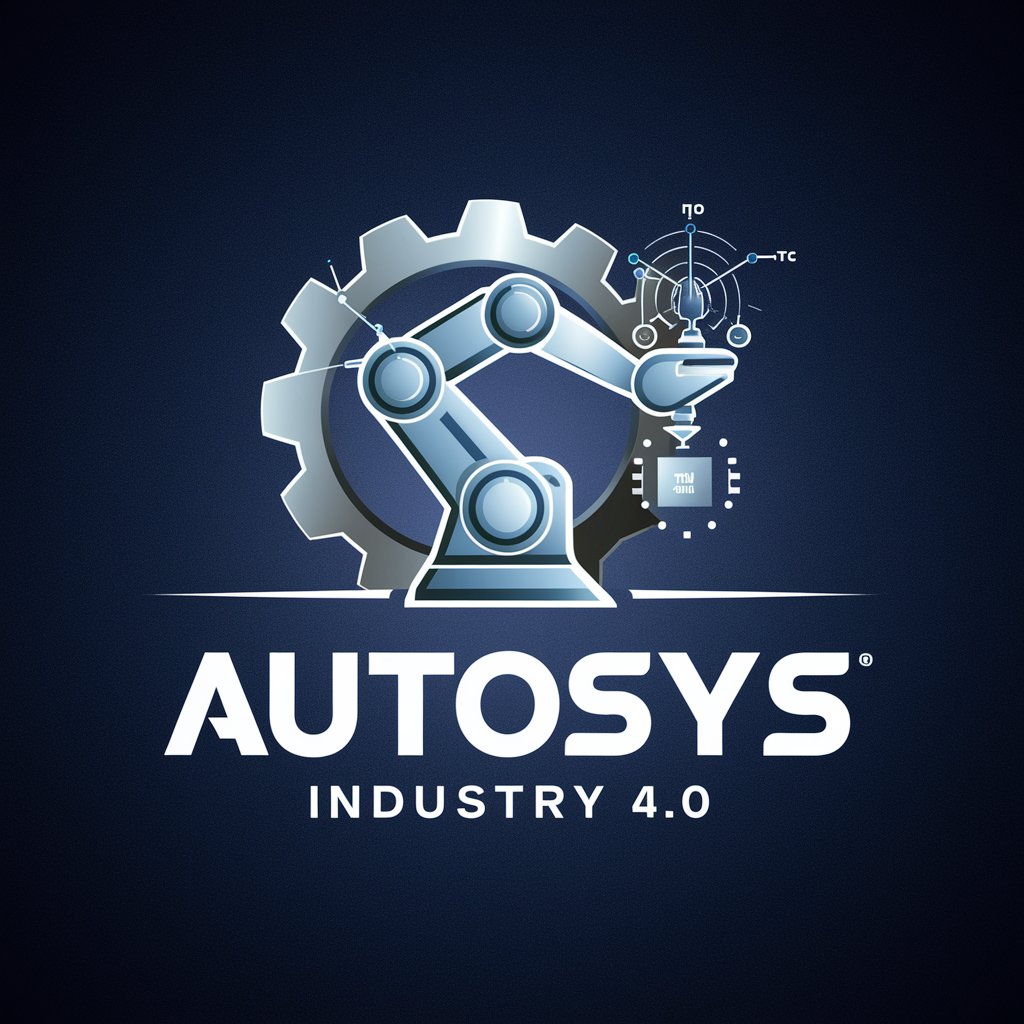
KET Teacher
AI-powered KET Learning Companion
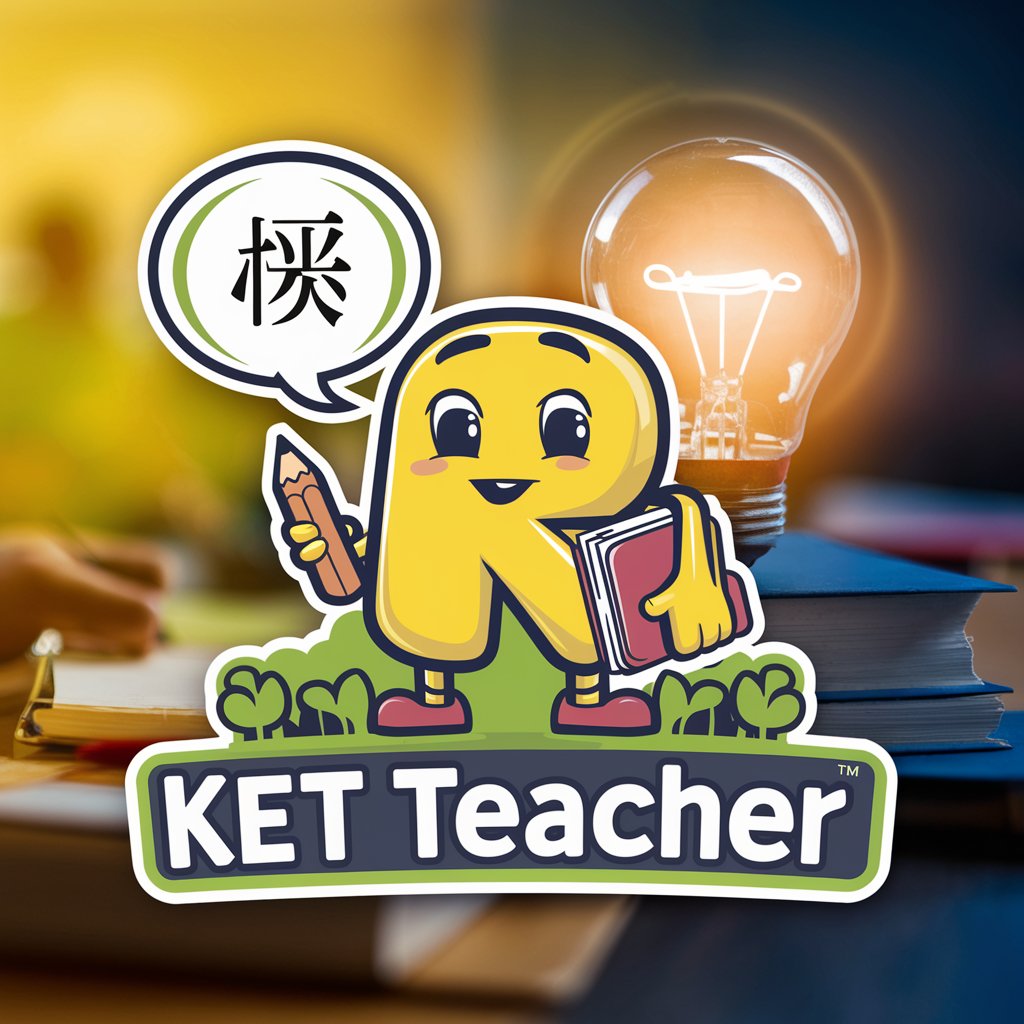
Word Association Game
Connect Words, Power Your Mind
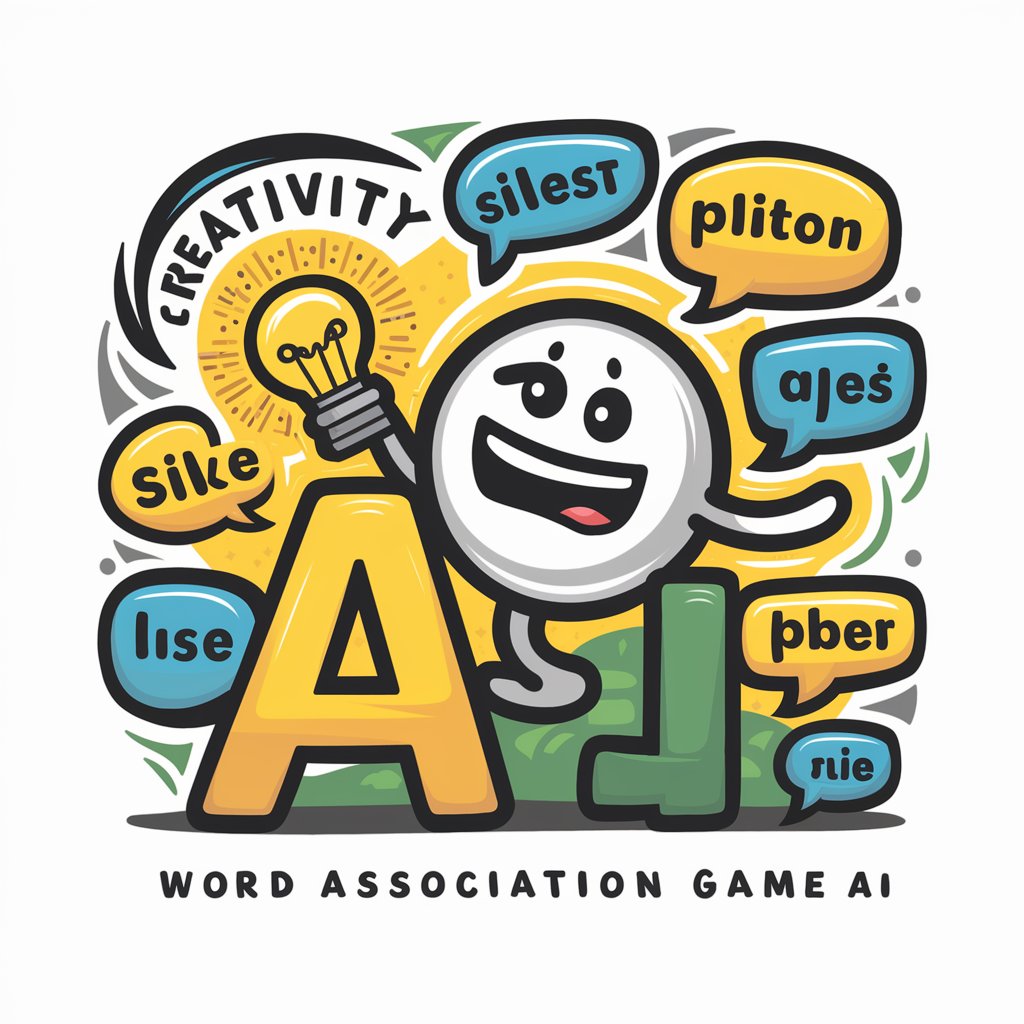
Fourth Grade Lesson Plan Maker
Empower Education with AI
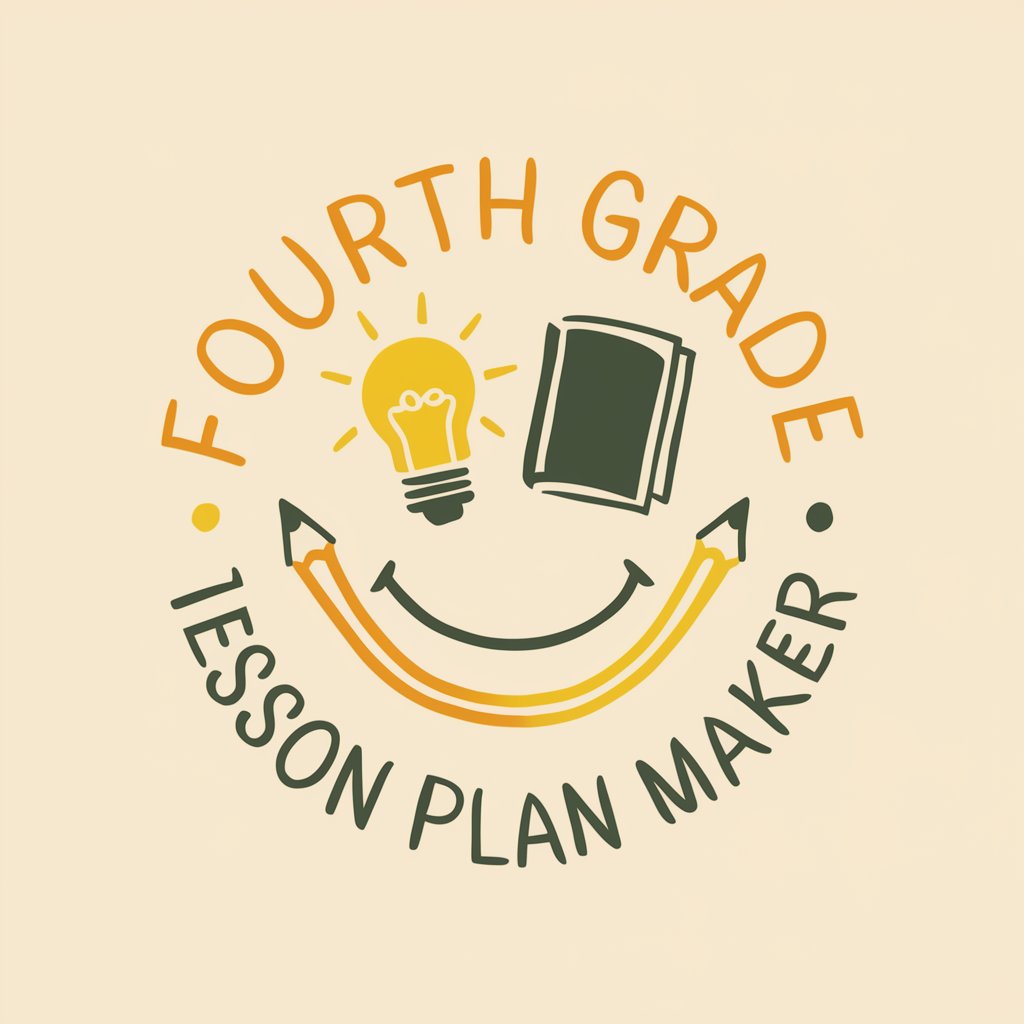
Refugee Crisis Navigator
Empowering action with AI-driven insights
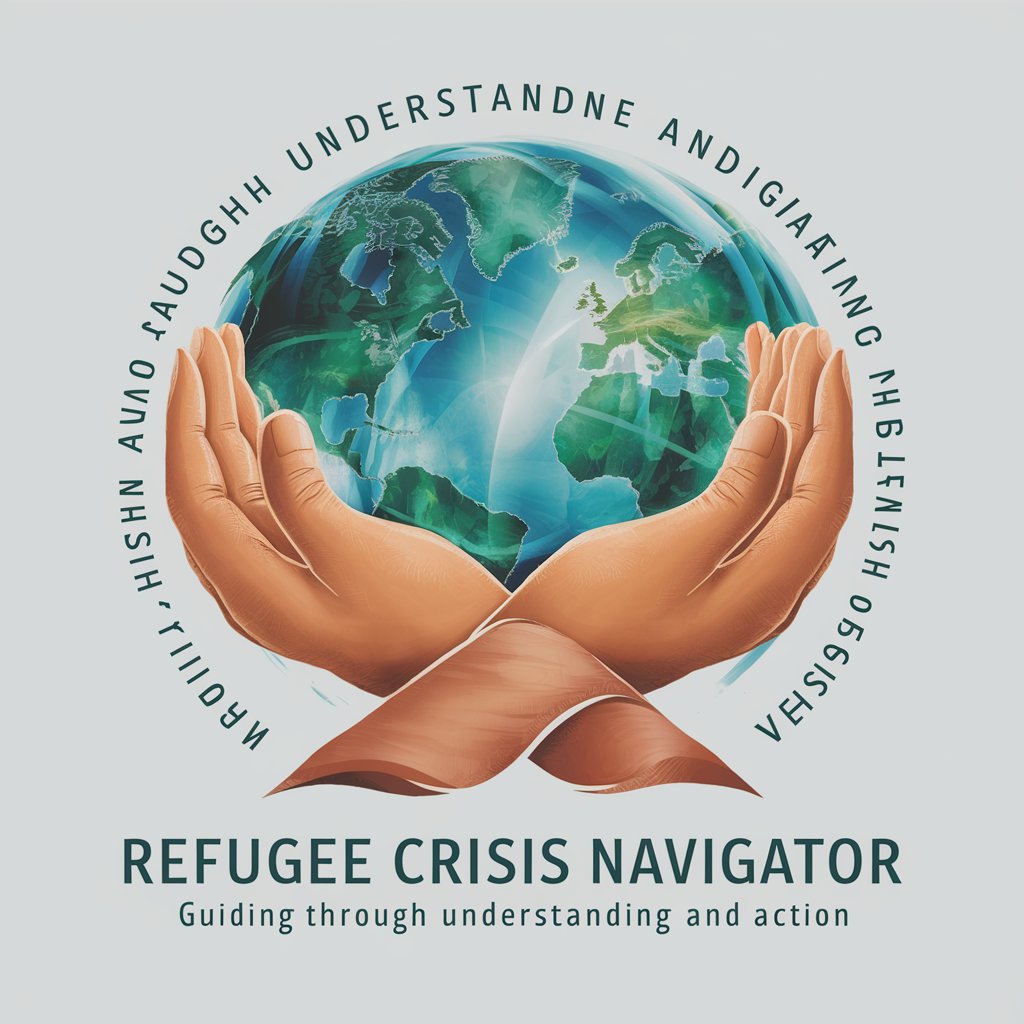
SLC Refuge LARP Rules
Your gateway to immersive LARP experiences.
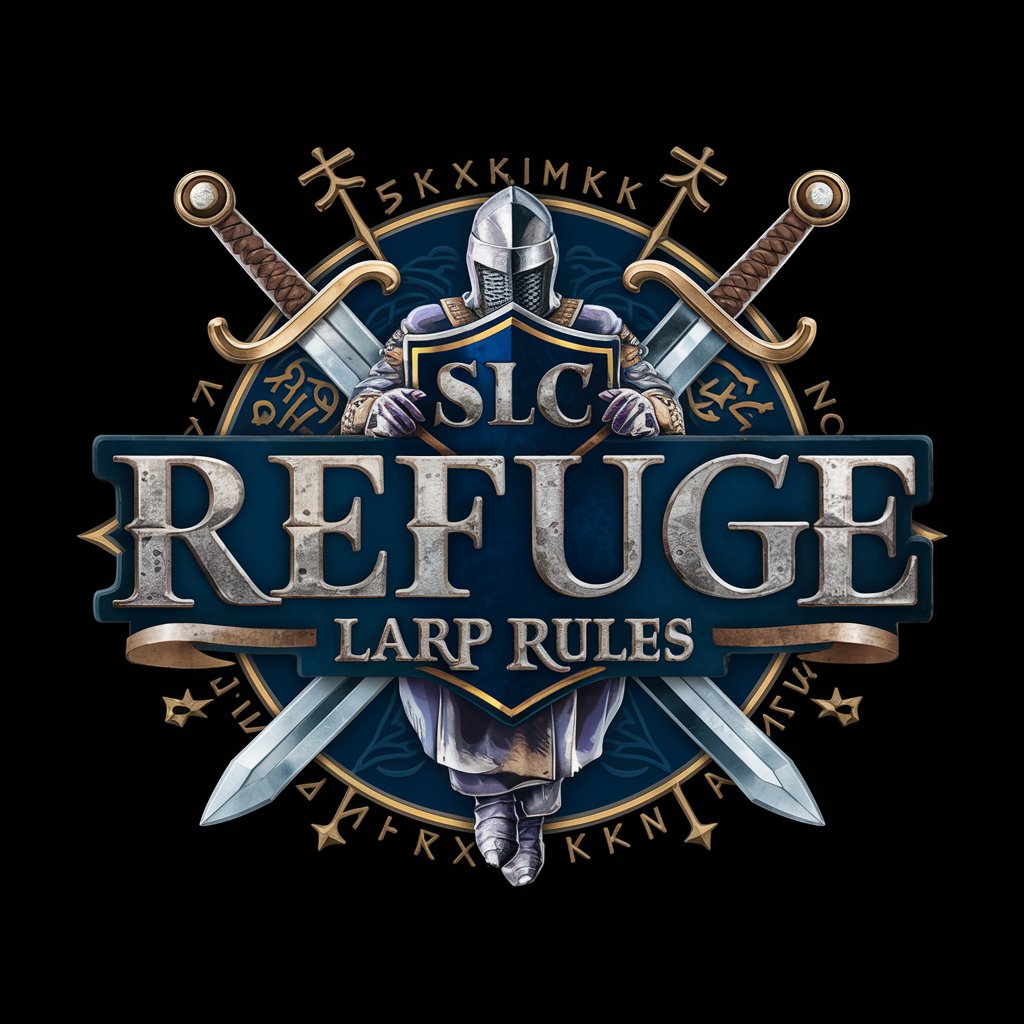
GPT Refugiados SaturdaysAI
AI-powered support for refugees worldwide.
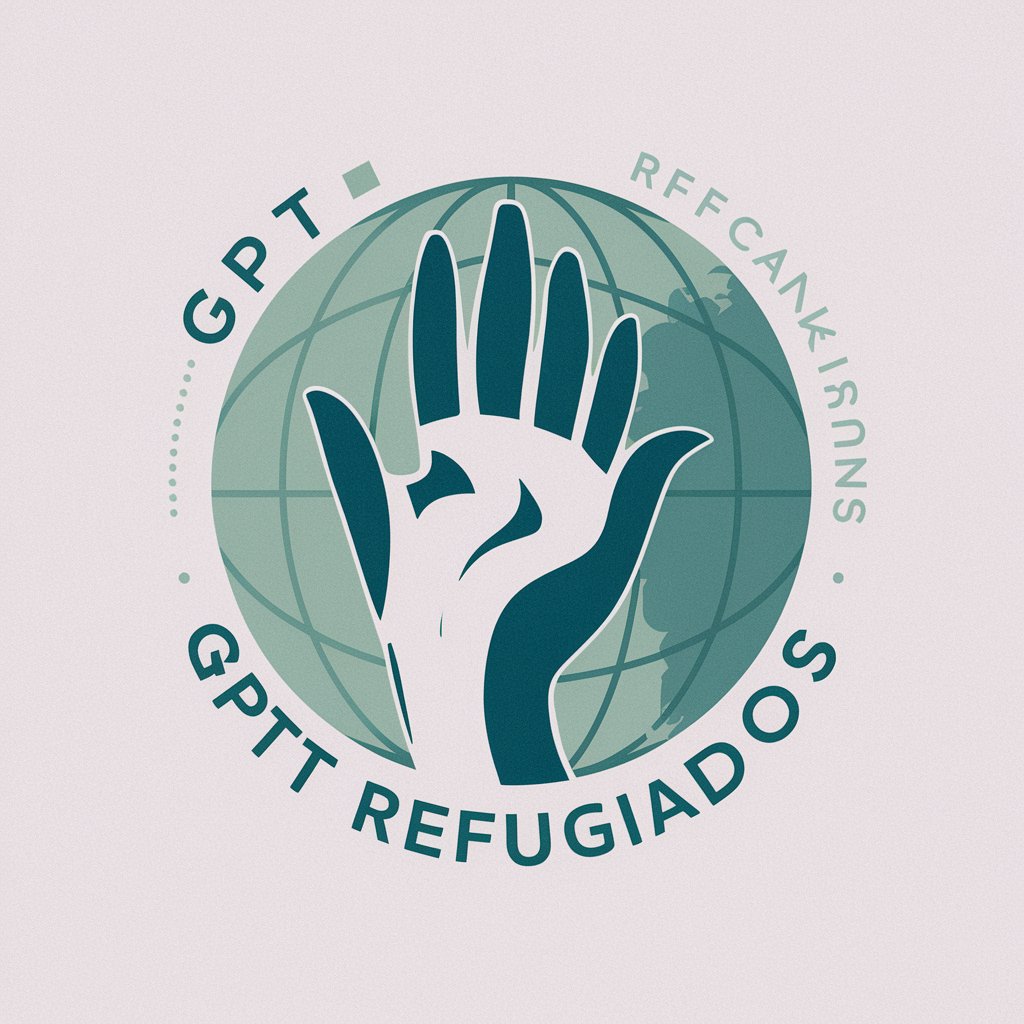
Visa Guide for Germany
Empowering your German visa journey with AI.

Українська версія
Guiding Your U.S. Refugee Journey
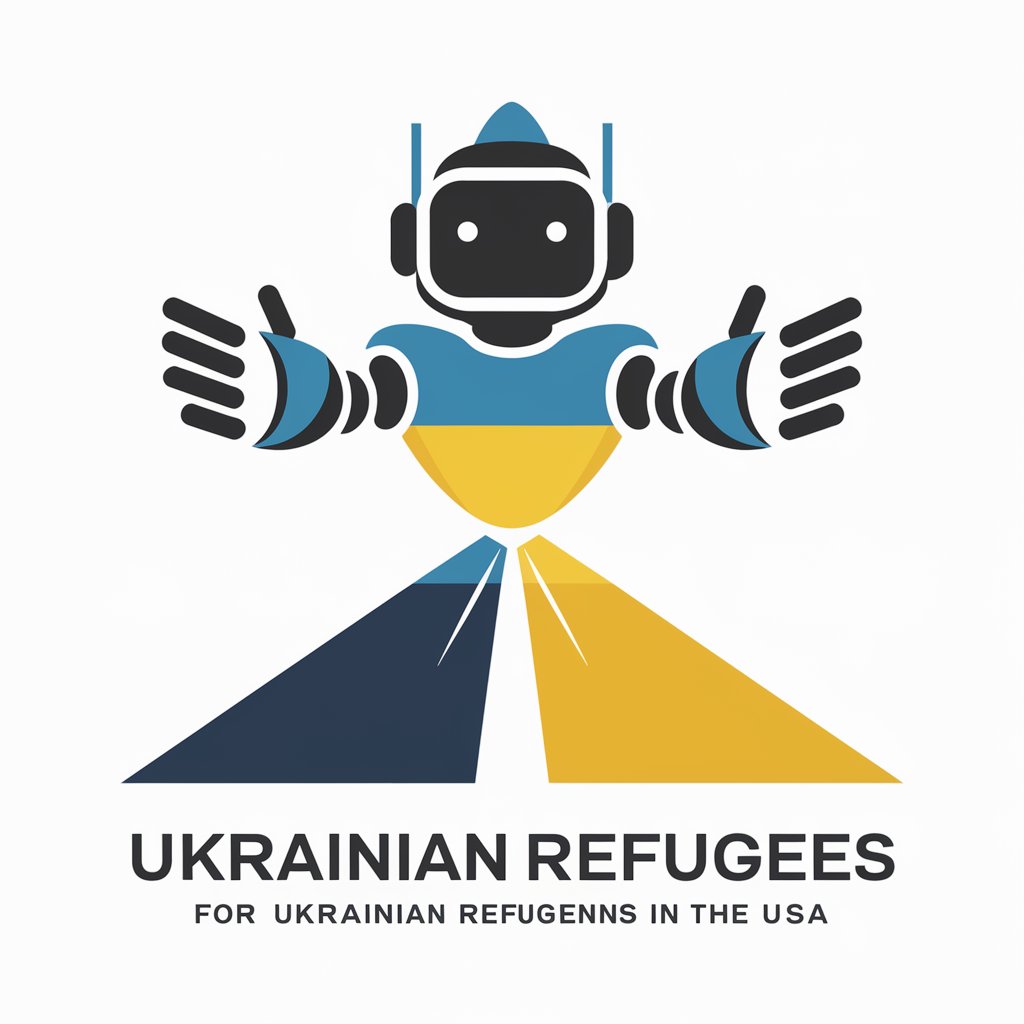
City Guide for Refugees
Empowering Refugees with AI-driven Local Insights
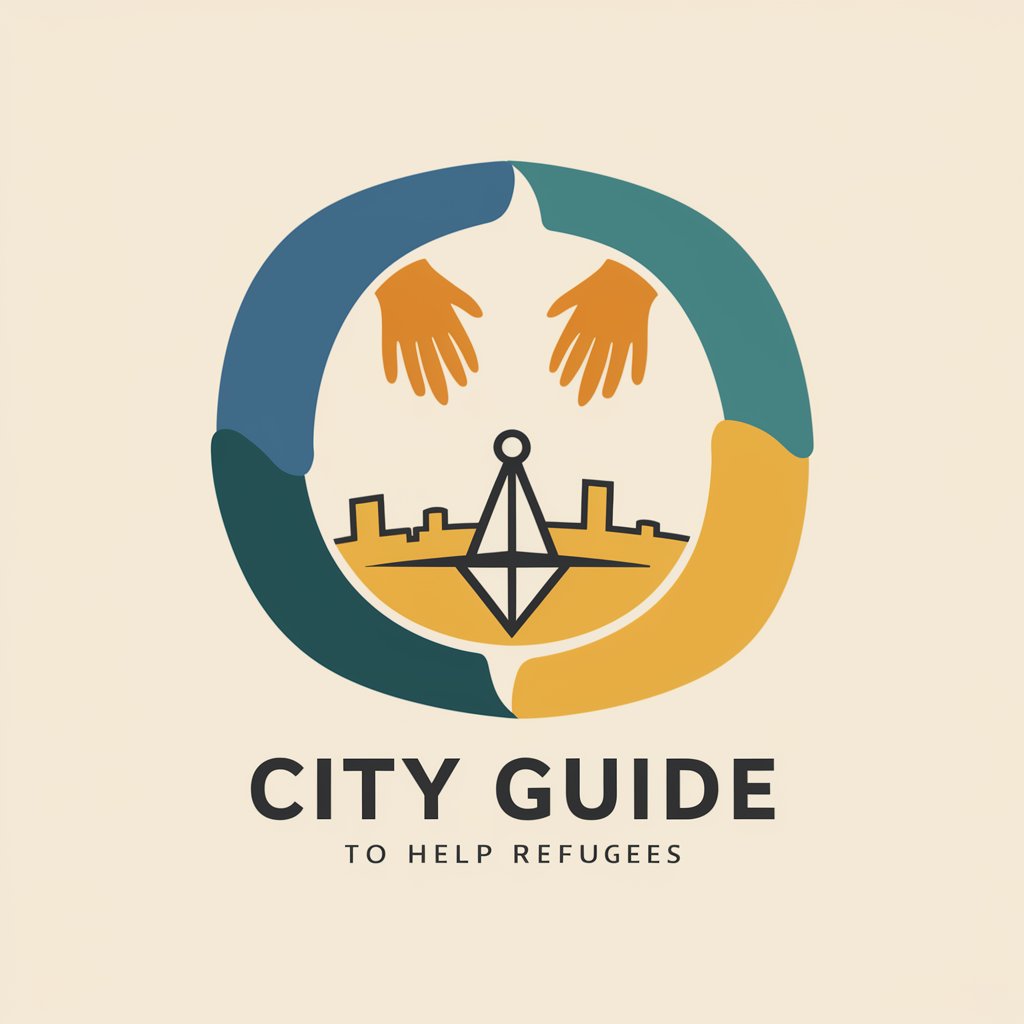
Frequently Asked Questions about Refuge Recovery
What is the core philosophy of Refuge Recovery?
Refuge Recovery is based on Buddhist principles, focusing on mindfulness and meditation to overcome addiction through understanding, intention, and community support.
How does Refuge Recovery differ from other recovery programs?
Unlike many programs that may involve a higher power, Refuge Recovery is a non-theistic approach emphasizing personal responsibility and mindfulness as tools for recovery.
Can Refuge Recovery be used for any type of addiction?
Yes, it is designed to address all forms of addiction, from substance abuse to behavioral addictions, by applying its universal principles.
What does a typical Refuge Recovery meeting entail?
Meetings typically include group meditations, readings from the book, and sharing sessions that allow members to discuss their progress and challenges.
Is there a community aspect to Refuge Recovery?
Yes, community, or 'Sangha', is fundamental. Engaging with a community provides support and strengthens the commitment to the recovery process.
